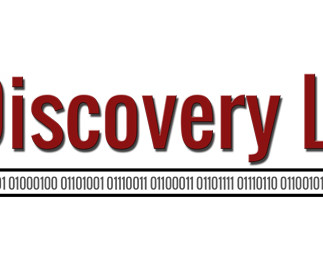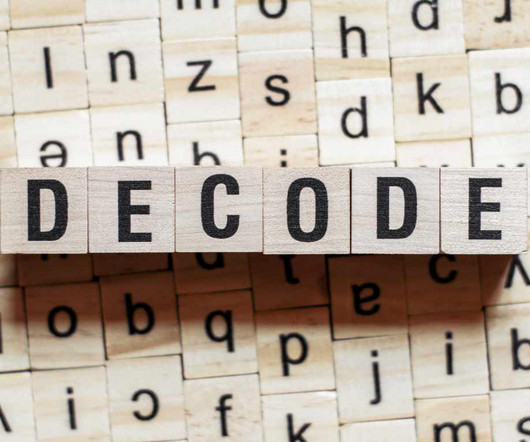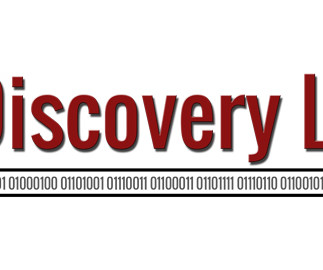Based on the ESI Protocol, the Limiting “Apex Deposition” Doctrine Applied to Objections to the Designation of a Document Custodian
E-Discovery LLC
JULY 1, 2025
Once that was done, the requesting party could identify three more, “subject to limited objections.” It is also not clear to me which party carried the burden of proof under the “apex doctrine.” One recent case placed the burden on the party claiming an exception to the doctrine. 2025 WL 176001, at n. emphasis added).















Let's personalize your content